California Coalition Against Youth Depression
The California Coalition Against Youth Depression is an ongoing collaboration between the UC Office of the President, depression researchers, and community organizations dedicated to mental health and successful transitions to college.

Research Team
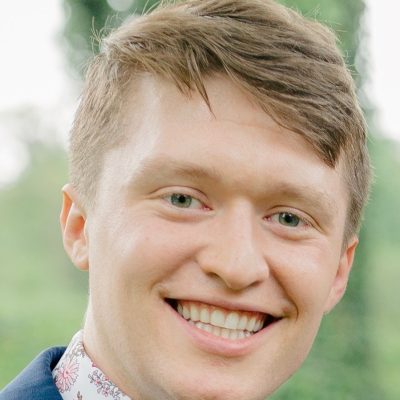
Dr. Daniel P. Moriarity is a research scientist at the California Institute for Stress and Resilience. His research program integrates precision medicine principles across all stages of the research process- from basic research, through clinical trials, and into dissemination and implementation. Broadly, his program of research focuses on the bidirectional relationships between immune functioning and depression. More specifically, his work seeks to a) characterize symptom-level, immunological phenotypes of depression, b) advocate for “physiometric research” that applies quantitative measurement principles to biological mechanisms, and c) integrate immune processes into the existing psychosocial frameworks that guide psychotherapy (e.g., emotion regulation models of depression). By illustrating how to develop precision in the characterization of clinical presentations, biological measurement and conceptualization, and integration of biology and psychology into comprehensive treatment plans, Dr. Moriarity aspires to improve the replicability and translational value of psychopathological and psychiatric research.
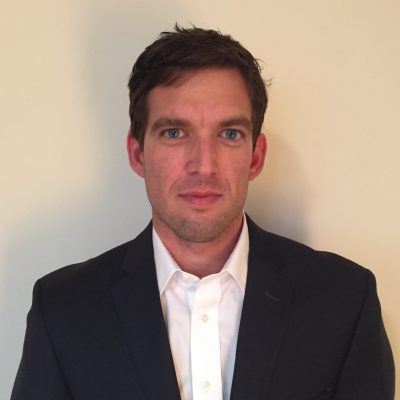
Dr. Greg Hajcak is the Sheri Sobrato Endowed Chair of Child & Adolescent Mental Health at Santa Clara University. Greg has published over 350 peer-reviewed publications; he received the Distinguished Scientific Award for Early Career Contributions to Psychology from the American Psychological Association (2016), the Janet Taylor Spence Award for Transformative Early Career Contributions from the Association for Psychological Science (2012), and the Distinguished Scientific Award for Early Career Contributions to Psychophysiology (2012). Much of this research has involved large and longitudinal studies to validate neural biomarkers of risk for anxiety and depression derived using EEG/ERPs. In terms of his work on depression and risk for depression, Greg’s work highlights the key role of reward and attention dysfunction in the etiopathogeneis of depression—especially how blunted reward sensitivity confers risk for depression in the context of increased stress.
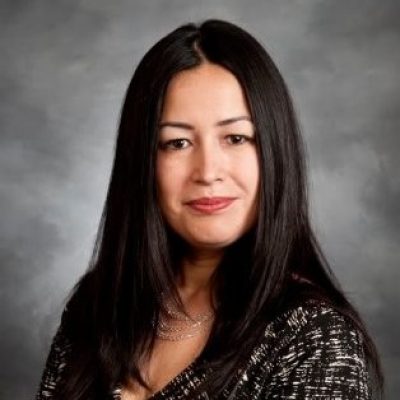
Erica Rosales was a founding teacher of the first charter high school in Los Angeles County. At Animo Leadership, she was a teacher, college counselor, and eventually principal. She then served as Assistant Dean of Admissions at Occidental College in Los Angeles. A trailblazer in her own right, Erica Rosales embarked on her academic journey as a first-generation college student. This experience and her drive for equitable education fueled her to develop College Match, where she serves as Executive Director. Erica holds a BA in Political Science from Wellesley College and a Master’s in education from UCLA.
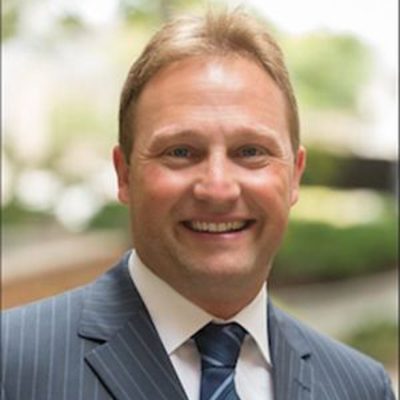
Dr. George Slavich is a leading authority in the conceptualization, assessment, and management of life stress; in psychological and biological mechanisms linking stress with mental and physical health; and in systems and policies for reducing population-level health disparities and achieving greater health equity by addressing stress-related factors. He is presently a Professor in the Department of Psychiatry and Biobehavioral Sciences at UCLA, Director of the UCLA Laboratory for Stress Assessment and Research, and a Research Scientist at the Semel Institute for Neuroscience and Human Behavior. In addition, he is Director of the California Stress, Trauma, and Resilience Network, Director of the Branco Weiss Fellowship International Collaborative Grants Program, Director of the Global Belonging Collaborative, Co-chair of the APS National Task Force on Stress Measurement in Primary Care, Associate Director of the National Institute on Aging Stress Measurement Network, and Director of the Evaluation and Evidence Department for the UCLA/UCSF ACEs Aware Family Resilience Network.
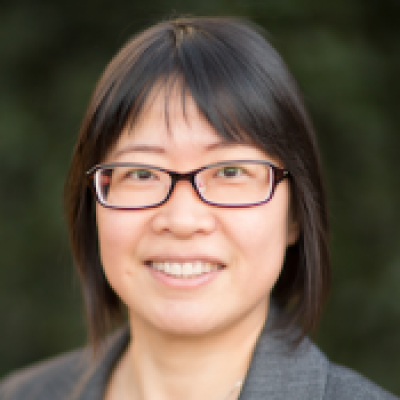
Dr. Haiyan Huang’s research areas are in Computational Biology and Applied Statistics. Particularly, she is interested in solving practical problems in emerging bio data-intensive systems, and in understanding and developing theoretical principles of the practical methods. Her current focuses are: 1) develop statistical methods that provide a consistent formulation between the statistical modeling and the biological nature of data, 2) understand and solve the problem of unreliable estimates in analyzing high dimensional structured data, and 3) tackle the challenges posed by the high level of noise and the lack of reproducibility in the datasets from different resources.
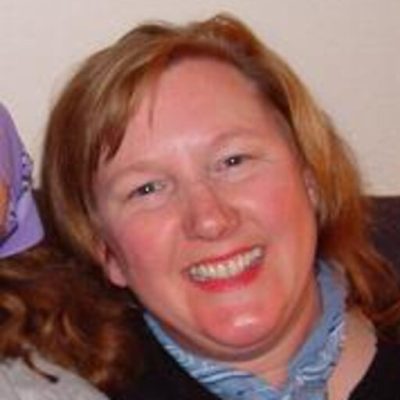
Dr. Karyn Dresser is Stars Behavioral Health Group’s Senior Director of Research and Program Practices (21 years). She is a graduate of UC Berkeley (BA Psychology), UC Santa Cruz (Ph.D. Social Psychology) and UC San Francisco (Post-Doctoral Clinical Services Research). Her graduate focus was on organizational studies and institutional analyses and post-doctoral focus on mental health treatment systems of care. She has worked on large scale research grants and contributed expert testimony on the need for children’s systems of care to the U.S. Congress. Over a professional career spanning forty years, Dr. Dresser served primarily at organizational and institutional levels to affect the overall policies, quality and outcomes of human services. Her style is to build integrative approaches to organizational leadership of effective service delivery and the use of evidence based practices, by coupling quality improvement with implementation science, program evaluation, consumer outcomes and facilitative methods of participatory decision-making.
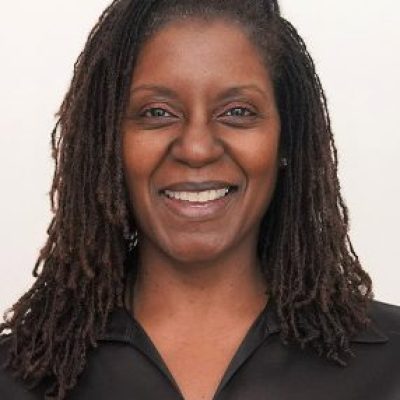
Dr. Karen D. Lincoln, a Professor in the Department of Environmental and Occupational Health and Director of the Center for Environmental Health Disparities Research at UC Irvine, is a distinguished social worker and sociologist. Specializing in the social determinants of health and well-being among Black Americans, her research delves into psychosocial factors such as social and chronic stress, discrimination, and social connections. Dr. Lincoln’s work extends across the life course, investigating mental and physical health outcomes for Black/African Americans and other minoritized groups. Her primary objective is to enhance clinical and community-based care by exploring the psychosocial, behavioral, and biological mechanisms connecting environmental and social determinants to well-being among minoritized adults.
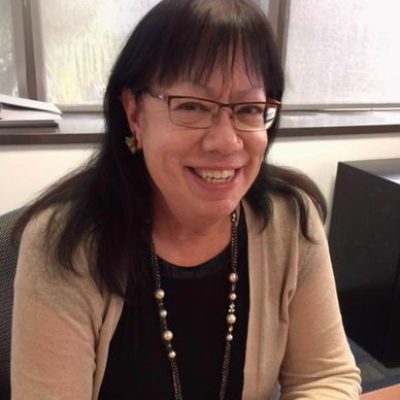
Dr. Christina Miller is president and CEO of Mental Health America of Los Angeles (MHALA), one of LA County’s largest and most comprehensive mental health organizations. A licensed psychologist with over 25 years of leadership experience in social service, behavioral health and medical care settings, Dr. Miller has held positions at UCLA, Cedars-Sinai Medical Center, OPCC and Didi Hirsch Mental Health Center. Her greatest area of focus has been in the development of ways to provide integrated, comprehensive care to individuals with mental health challenges, physical health problems and substance addiction, especially those experiencing poverty, and on the development of effective teams, programs and agencies to provide that care. Dr. Miller holds a Ph.D. in psychology from the University of California, Los Angeles.
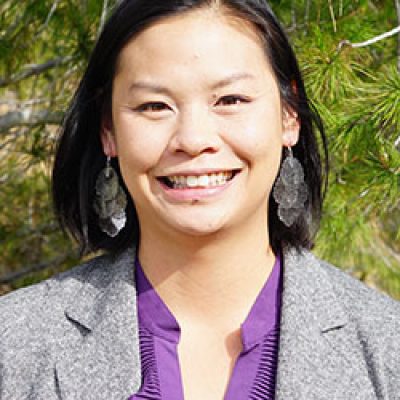
Dr. Genie Kim serves as the systemwide director for student mental health &
well-being at the University of California. She has worked in the field of higher education
for ten years and in the field of behavioral health for over 15 years. She started her career as an in-home behavioral counselor with foster youth with underserved students, inspiring her to pursue her master’s in public policy and doctorate in social work to address the world’s most pervasive social challenges. Dr. Kim serves as a partner, consultant, and social good architect, designing equity-focused policies, programs, and services to meet the unique needs of the communities and people we serve. In her higher education career, Dr. Kim established collegiate recovery programs, peer to peer programs to support student well-being, and established critical basic needs services and supports for students, staff and faculty. In her systemwide role at UCOP, Dr. Kim serves on the California Higher Education Basic Needs Alliance, the Statewide Behavioral Health Taskforce, and as a close partner on the Children Youth Behavioral Health Initiative and to the Mental Health Oversight and Accountability Commission.
Academic Partners









Industry Partners











